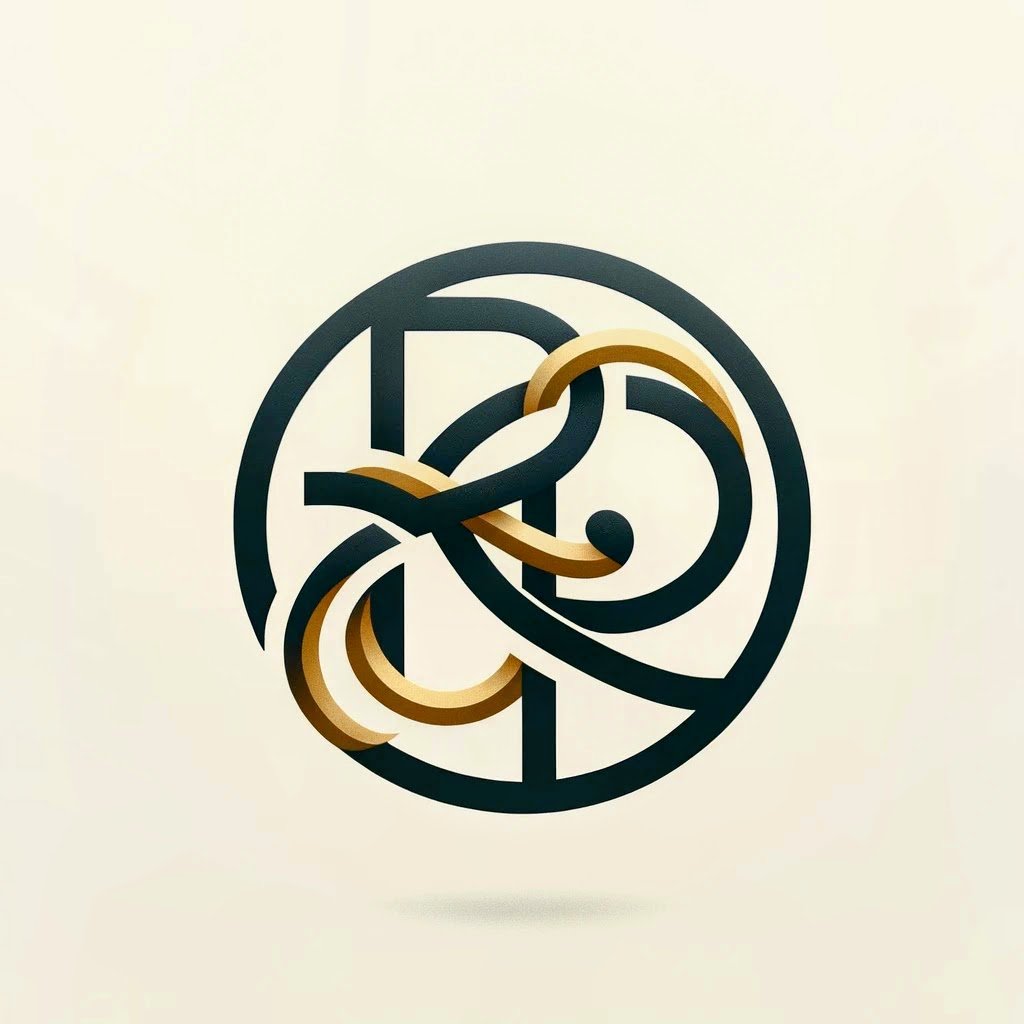Apple vs. Samsung: It affects you.
Like many of you, I have been following the Apple vs. Samsung case with great interest. As a mobile technologist, it affects every aspect of the business I am in and beyond that, this is one of if not the largest technology patent litigation, in, ever. On Friday evening, Judge Lucy Koh's jury in San Jose delivered their verdict and found Samsung guilty of multiple willful infringements on Apple's software and hardware design patents. In this post, I attempt to disseminate what this verdict means for the consumer. As someone who has unique perspective on the matter having worked in the past for a very patent driven organization and now for a technology innovator, I think there is something to be said about this whole case.So what just happened?Apple took Samsung to courts for allegedly violating very many of its software patents (pinch to zoom, vertical scroll bounceback, etc) and hardware design patents (curved edged rectangular phone, ring around device, etc). The San Jose jury found Samsung guilty of almost all these accusations. More importantly, the jury ruled that all of Apple's patent claims were valid.Was Samsung really guilty?Looking at all the exhibits and evidence, it is hard to argue that Samsung didnt copy Apple's design - both hardware and UI. Some of the first generation Galaxy devices look like a carbon copy of the iPhone 3G. Samsung's Touch Wiz skin on top of its Android OS looks to be very much inspired by Apple's iOS of then. So in that sense, Samsung appears to be definitely guilty. As people in the mobile phone industry will tell you, this is not new to Samsung. They have thrived and dramatically grown by being inspired by the latest and greatest. They have built their mobile phone business on top of innovations by Motorola, Nokia and Apple. To that effect, this was long due.Is Apple's stand vindicated?In this particular case, very much so. Apple rightfully argued that Samsung was using its design ideas to further its fledgling smartphone business which is now one of the largest in the world. And to that effect, Apple was justified in taking Samsung to court and won its case. The material damages are also justified in my opinion.But how this translates to current and future Samsung products and more importantly competing Android products is a very gray area. One that is a lot more complicated than this one case.Was this Google's Android vs. Apple's iOS?Actually, no. While a couple of the software patents trace their origins to stock Android, much of the case was about Samsung's TouchWiz skin and its hardware design on its phones. Also, beyond the base Android, everything under contention was specific to Samsung's interpretation and skinning of Android. This is not Google's problem and it would be amiss to think so.But Google has a new headache as a result of this verdict. It needs to clean up Android with respect to software patents that Apple owns and were deemed valid by the court. Apple could very well go after HTC, LG and any and every other Android maker and make their life miserable, and pretty much take them to bankruptcy. So Google has a battle in its hands for the future of Android OS. And this is Google's problem.Is this a big deal for Microsoft?Microsoft sure thinks so. But there is more to it than that. Users have had a choice between Android, iOS and Windows Phone. And they have overwhelmingly leaned towards Android and iOS. Even with the design sensibilities of Nokia, Microsoft has not managed to make a dent. So this victory by Apple will not make them an overnight champion. It can be argued that OEMs will focus more on the upcoming Windows Phone 8 in lieu of Android, given its legal woes but that is at best an arguable point. And Google is no fool.Why should you, the consumer, care?You, the consumer should care. This may not appear as much to you today. But this case and the potential fallout could drastically change things in the coming years. Here are your best and worst case scenarios.Apple could play Dr.Evil and go after all things Android as the late Jobs wanted. This would become messy and painful. Android will suffer body blows as would Google. Consumers will have fewer choices and the already ubiquitous iPhone will become even more commonplace. While Android as an OS will survive and do reasonably well, the patent protection and offensive power of Apple will ensure that innovation is nipped in the bud. Apple will also end up becoming the Microsoft of the 90's and the bully everyone hates but cant live without. Apple has been a darling of the technorati primarily because it enjoys a reputation of being a consumer friendly company. This scenario will likely change its reputation irrevocably.A more acceptable scenario for Google and the rest of the industry would be for Apple to take its victory and stop with its patent wars. This would prevent it from becoming a villain of innovation and keep it in the good books of geeks and everyone else alike. They would continue to be the biggest player in the business but one that allowed the competition to thrive and make its own product better as a result. This would result in a thriving marketplace where Apple, Google and Microsoft continue to innovate and challenge each other with world class products. The consumer will benefit the most from this scenario.Or things could end up somewhere in between. Apple could go after other Android players and kill some but not all. Google manages to update Android to ensure there are no patent violations and things go back to where they are today. Given Samsung's might, they will figure out a way to reinvent themselves and continue to be a major player in the business. This is probably the most likely scenario and one that would appease Apple and the rest of the industry without fractioning things. The consumer will having a confusing time trying to figure out whats the real deal and Android could suffer in the eyes of OEM's and consumers.Time will tell but the ball has been set in motion. Apple has won a big victory against Google's Android. What happens next is anyone's guess.

